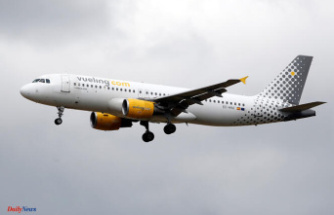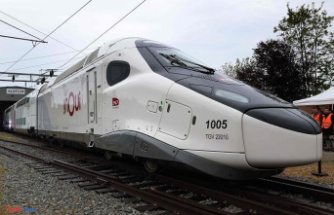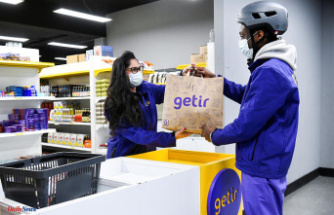Although the EU new car market has recovered slightly, experts are spreading a mood of crisis. The reason: As many new registrations as before the Corona crisis are not to be expected in the foreseeable future. On the contrary: the purchasing power of the population is likely to fall further in view of the expected recession.
The EU new car market continued to recover in October - but the pre-crisis level is still unmatched. According to the European manufacturers' association Acea, there were 745,855 new registrations last month, an increase of 12.2 percent year-on-year. Sales grew particularly in Germany (16.8 percent), Italy (14.6 percent), Spain (11.7 percent) and Belgium (21.6 percent).
The market grew for the third month in a row after being severely slowed down from January to July due to delivery problems. Before the Corona crisis, however, significantly more new cars were registered - in October 2019 there were more than a million. According to the consulting firm EY, the new car market in October 2022 was 28 percent below the pre-crisis level.
As in September, the development was largely supported by the VW Group, which alone sold 190,255 cars, primarily the Volkswagen, Audi, Skoda and Seat brands. That was up 41.7 percent year over year, according to Acea. Stellantis followed in second place with brands such as Peugeot and Fiat with 141,500 vehicles, but that was a decrease of 4.3 percent.
The experts from EY explained that the situation with the chip shortage and delivery problems was easing and production was picking up speed again. "Nevertheless, new registrations across the EU last month were at the second lowest level since the turn of the millennium," it said. Overall, 2022 will be a "historically weak year on the new car market".
For the first time in months, the market share of pure electric cars shrank to 12.1 percent in October after 12.7 percent in the same month last year. The interest in available electric cars is "still high, but the availability is still limited in some cases". The prospects for the coming year are "gloomy": concerns about recession, the energy crisis and inflation are creating "conceivable difficult framework conditions," it said. Demand for new cars will "definitely drop, simply because many people can no longer afford or want to buy a new car," EY predicted.












